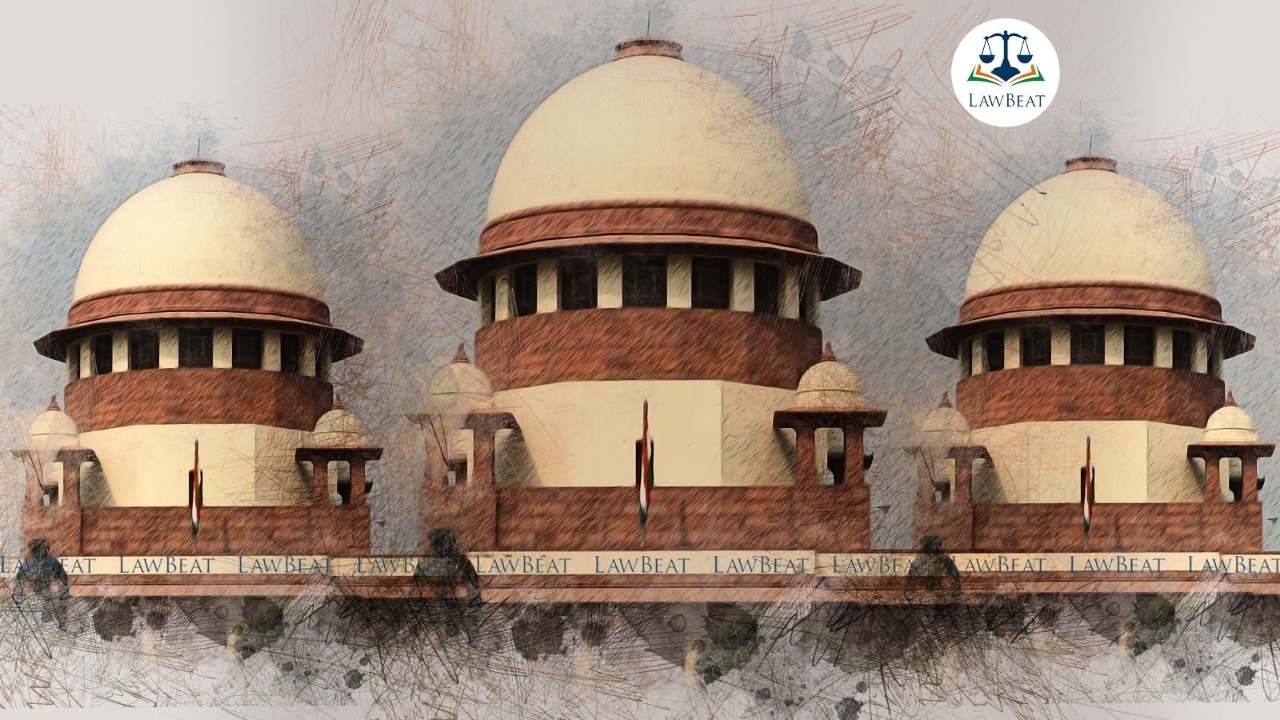"Different stands doesn't help" Supreme Court asks Centre to clarify its stand on identification of Hindus as minority in some states

The Supreme Court on Tuesday has asked the State Governments to file their responses in the plea seeking minority status for Hindus in states where their numbers have gone below other communities. The bench noted that the Central Government is uncertain over the issue.
A bench of Justice SK Kaul and Justice MM Sundresh said that "Taking different stands doesn't help, the stand of the State Governments and the Central government has to be clear, if the consultation is needed to be done then it must be done. Taking different stands doesn't help."
The bench was hearing a plea filed by Advocate Ashwini Kumar Upadhyay seeking minority status for Hindus in states where their numbers have gone below other communities.
Senior Advocate CS Vaidyanathan appearing for Upadhyay submitted that the fresh affidavit filed by the Central Government has suppressed its earlier affidavit stating that wider consultation is required.
However, the bench agreed to the request of the counsel appearing for the Central Government to pass over the matter and asked the Solicitor General to be present when the matter is called again.
Later, when the matter was called up again the Court asked SG Mehta to clarify the stand, it said that if the consultation need to be done then it should be done. The bench also raised concern over the fact that the affidavits filed are circulated in the public domain before it reaches the Court, "by his very nature it comes out in the public domain before it is before us," the bench said.
To which, Solicitor General Tushar Mehta submitted that there are some PILs that are filed and along with the filing it is in the public domain, the Government cannot do it unless it is served.
The bench has allowed the opportunity for the concerned States and the Central government to file their responses and asked them to file a status report.
Yesterday, The Ministry of Minority Affairs informed the Supreme Court that the question involved in this writ petition has far-reaching ramifications throughout the country and, therefore, any stand taken without detailed deliberations with the stakeholders may result in an unintended complication for the country.
It has been stated that "the stand to be formulated by the Central Government with regard to issues raised in this group of petitions will be finalised after having a wide consultation with the State Governments and other stakeholders."
"This will ensure that the Central Government is able to place considered view before this: Hon'ble Court taking into consideration several sociological and other aspects obviating any unintended complications in future with regard to such a vital issue," the counter-affidavit added.
Earlier, The Central Government had submitted before the Top Court that the State Governments also have the power to declare a religious or linguistic community as a ‘minority community’ within the concerned State.
In its affidavit, the Centre had cited the example of the Government of Maharashtra which had notified the "Jews" as a minority community within the State of Maharashtra in July 2016.
Upadhyay, in the instant plea, has sought minority status for Hinduism, Bahaism, and Judaism in states like Mizoram, Kashmir, Nagaland, Meghalaya, Arunachal Pradesh, Punjab, Manipur, and Union Territories of Ladakh and Lakshadweep.
The petitioner referred to the landmark TMA Pai case, and other pertinent precedents to aver that the Supreme Court is entitled to evolve the New Principles of Liability to make the guaranteed remedy to enforce fundamental rights real and effectively and that the power conferred by Article 32 of the Constitution of India is wide and must be used to “forge new tools and device new remedies.”
“Education is recognized under the head of charity. Thus, allow both minority and majority communities to set up such institutions, if not fall under the special carved out under Article 29-3O. Hence Constitution grants fundamental rights to establish and manage educational institutions by the minority groups as well as the Majority Hindu Community,” states plea.
Case title: Ashwini Kumar Upadhyay v Union of India
